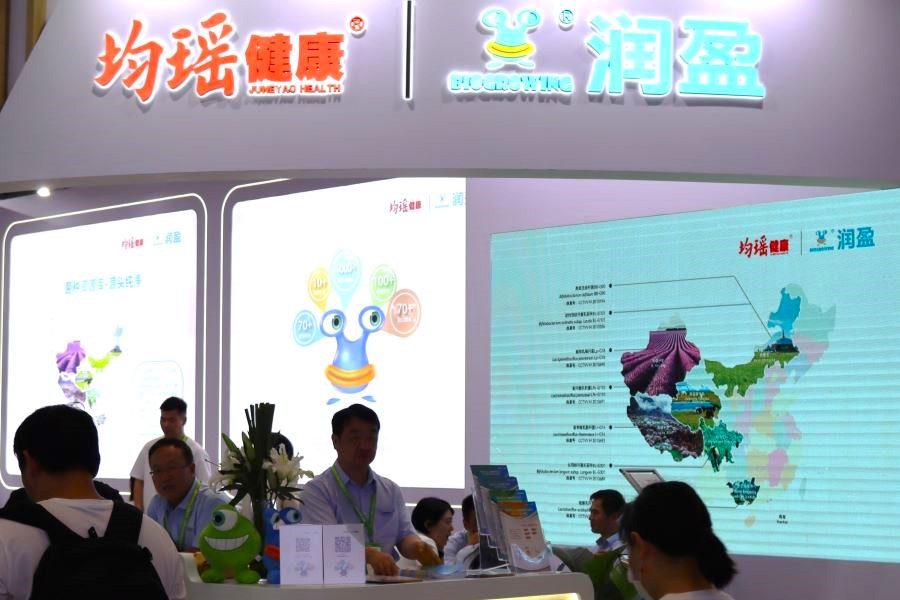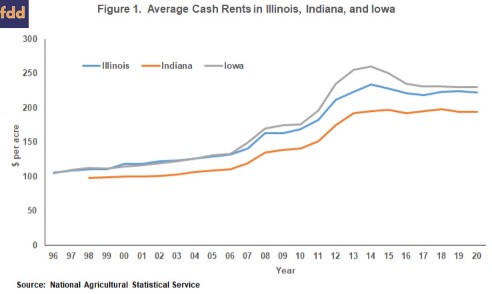Report on the Houston Astros’ Player Development System and Alignment with Sustainable Development Goals (SDGs)
Executive Summary: Organizational Sustainability and Human Capital
An analysis of the Houston Astros’ 2025 season reveals significant challenges to the long-term sustainability of its player development infrastructure. While the promotion of top prospects to the major league roster aligns with principles of SDG 8: Decent Work and Economic Growth by providing career advancement, it has depleted the organization’s talent pipeline. This report examines the current state of the farm system, its implications for strategic acquisitions, and its connection to broader Sustainable Development Goals, including SDG 4 (Quality Education) and SDG 9 (Industry, Innovation, and Infrastructure).
Analysis of Human Capital Graduation and Impact on Development Infrastructure
The 2025 campaign has seen an accelerated graduation of key prospects, impacting the depth of the organizational talent pool. This reflects a success in player training, analogous to achieving the aims of SDG 4: Quality Education, by preparing individuals for high-level professional roles.
- Cam Smith: A 2024 first-round pick, Smith bypassed the minor league system entirely, securing a position on the Opening Day roster. His immediate success demonstrates a high return on investment in talent acquisition.
- Zach Dezenzo: Graduated from prospect status.
- Shay Whitcomb: Graduated from prospect status.
- Colton Gordon: Graduated from prospect status.
These promotions, while beneficial for the major league club’s immediate performance, have strained the underlying development infrastructure, a key component of SDG 9. The farm system, ranked low in the preseason, is now further challenged, raising concerns about the organization’s capacity for sustained, long-term success.
Current State of the Prospect Pipeline
The graduation of top-tier talent has resulted in a significant restructuring of the team’s top prospect list. This highlights a need for investment in the talent pipeline to ensure a resilient and sustainable future, in line with the principles of building robust infrastructure under SDG 9.
- Brice Matthews (2B)
- Jacob Melton (CF)
- Xavier Neyens (1st Round Pick, 2025)
- (Vacant/Unspecified)
- (Vacant/Unspecified)
- (Vacant/Unspecified)
- Kevin Alvarez (LF)
- (Vacant/Unspecified)
- Anderson Brito (RHP)
- Chase Jaworsky (SS)
The emergence of previously unranked players like Alvarez, Brito, and Jaworsky indicates system volatility. The organization’s future sustainability may heavily rely on the development of 2025 first-round selection Xavier Neyens, who is projected to become the top-ranked prospect.
Strategic Outlook: Partnerships and Resource Constraints
As a leading contender, the Astros are positioned to pursue strategic acquisitions to bolster their roster for a championship run. This process is analogous to SDG 17: Partnerships for the Goals, where organizations leverage assets to form mutually beneficial alliances. However, the team’s depleted farm system represents a significant constraint on its ability to negotiate from a position of strength.
Identified Strategic Needs:
- Acquisition of a left-handed bat.
- Reinforcement of the starting pitching rotation.
- Securing a controllable starting pitcher to ensure long-term roster stability, particularly with the impending free agency of Framber Valdez.
The limited availability of high-value prospects may hinder the Astros’ capacity to acquire necessary assets, potentially forcing a choice between short-term success and the long-term sustainable health of the organization. This challenge underscores the critical importance of maintaining a robust internal development system as the foundation for both competitive success and economic viability, contributing positively to its community as envisioned in SDG 11: Sustainable Cities and Communities.
Analysis of the Article in Relation to Sustainable Development Goals
1. Which SDGs are addressed or connected to the issues highlighted in the article?
Upon a thorough review of the provided article, it has been determined that none of the 17 Sustainable Development Goals (SDGs) are addressed or connected to the issues discussed. The article’s content is exclusively focused on:
- The Houston Astros’ baseball team and its farm system.
- Player prospects, rankings, and graduations to the major league.
- Team performance, records, and potential trade strategies.
- Specific player names, draft picks, and team needs.
The subject matter is confined to professional sports management and team news, which does not align with the social, economic, and environmental objectives of the SDGs, such as poverty, health, education, climate action, or inequality.
2. What specific targets under those SDGs can be identified based on the article’s content?
Since no SDGs were found to be relevant to the article’s content, no specific targets under any SDG can be identified. The “targets” mentioned in the article, such as acquiring a “left-handed bat” or a “controllable starting pitcher,” are strategic goals for a professional sports team and have no relationship to the official targets established under the SDG framework.
3. Are there any indicators mentioned or implied in the article that can be used to measure progress towards the identified targets?
The article does not contain any indicators that can be used to measure progress towards any SDG targets. While the text includes various metrics and data points, these are specific to the context of professional baseball and not sustainable development. These include:
- Player prospect rankings (e.g., “No. 7,” “No. 9”).
- Team win-loss record (“56-40 record”).
- Draft round selections (“first-round pick”).
These metrics serve as indicators of a team’s performance and asset value within the sports industry, but they do not correspond to any of the global indicators designed to track progress on the SDGs.
4. Table of Findings
| SDGs | Targets | Indicators |
|---|---|---|
| No relevant SDGs were identified in the article. | No relevant targets were identified in the article. | No relevant indicators were identified in the article. |
Source: si.com







